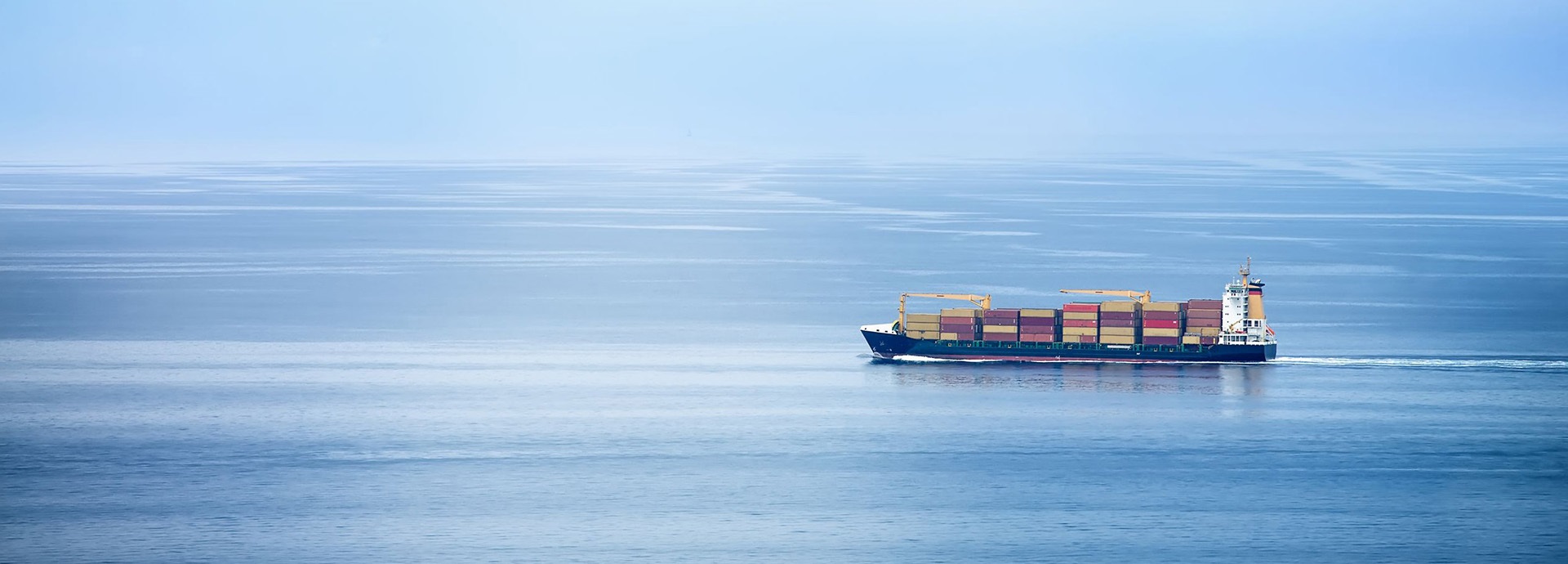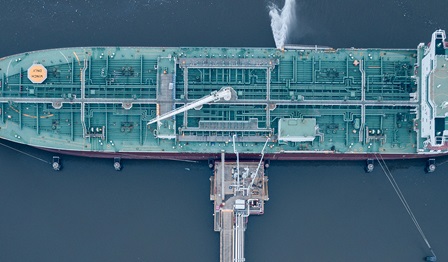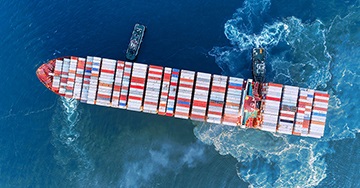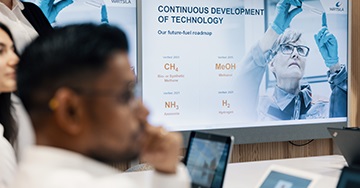
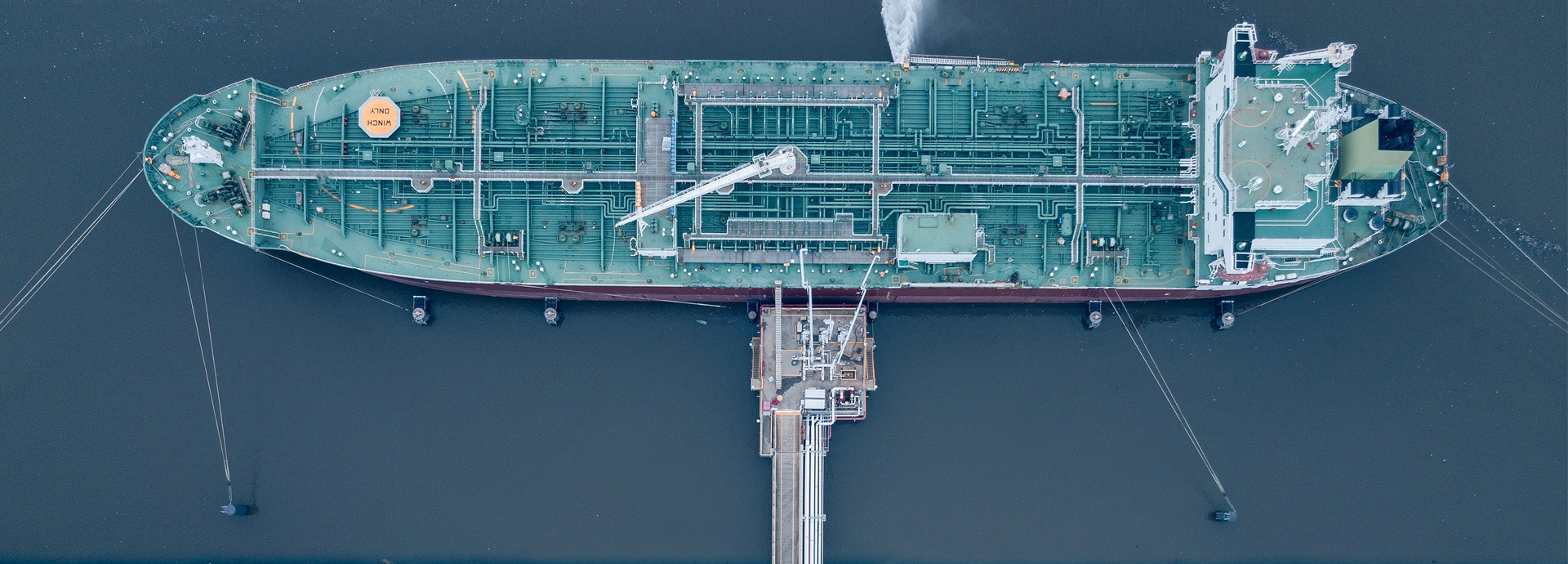
What is methane slip and why should you care?
The main component of LNG is methane. When you burn LNG as fuel, most of the methane is consumed in the energy conversion process. The unburned methane escapes into the atmosphere – and this is known as methane slip.
Methane is a greenhouse gas (GHG) and has a 100-year global warming potential that is around 30 times that of CO2. Reducing methane slip is vital to LNG’s viability as a maritime fuel. If you operate vessels with dual-fuel engines that burn LNG, you need to be aware of methane slip.
Read more in the Insights article: Mind the methane gap.
Methane slip from Wärtsilä dual-fuel engines has been cut by 75% over the past 25 years, and we’re working hard to reduce it even further.
How can you reduce methane slip?
An effective way to cut methane slip is to upgrade your existing engines with a simple upgrade.
The upgrade is quick and easy to install and can cut methane slip by up to 65% depending on the engine type and load.
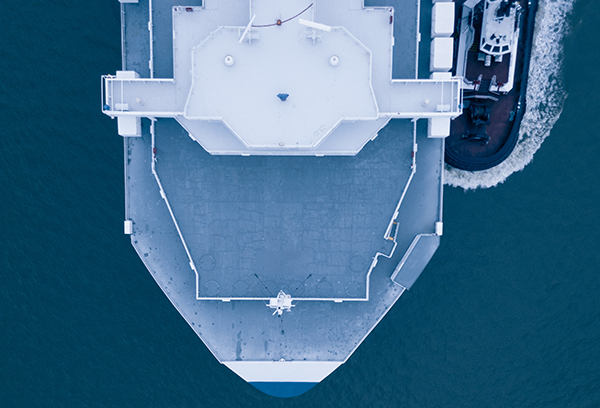
Methane slip regulation
The International Maritime Organization (IMO) does not currently have regulations for methane slip. However, there are initiatives in the marine industry to investigate how methane slip from existing vessels should be measured and regulated. For example, the EU is investigating methane-related measures as part of the FuelEU for Maritime regulation.
